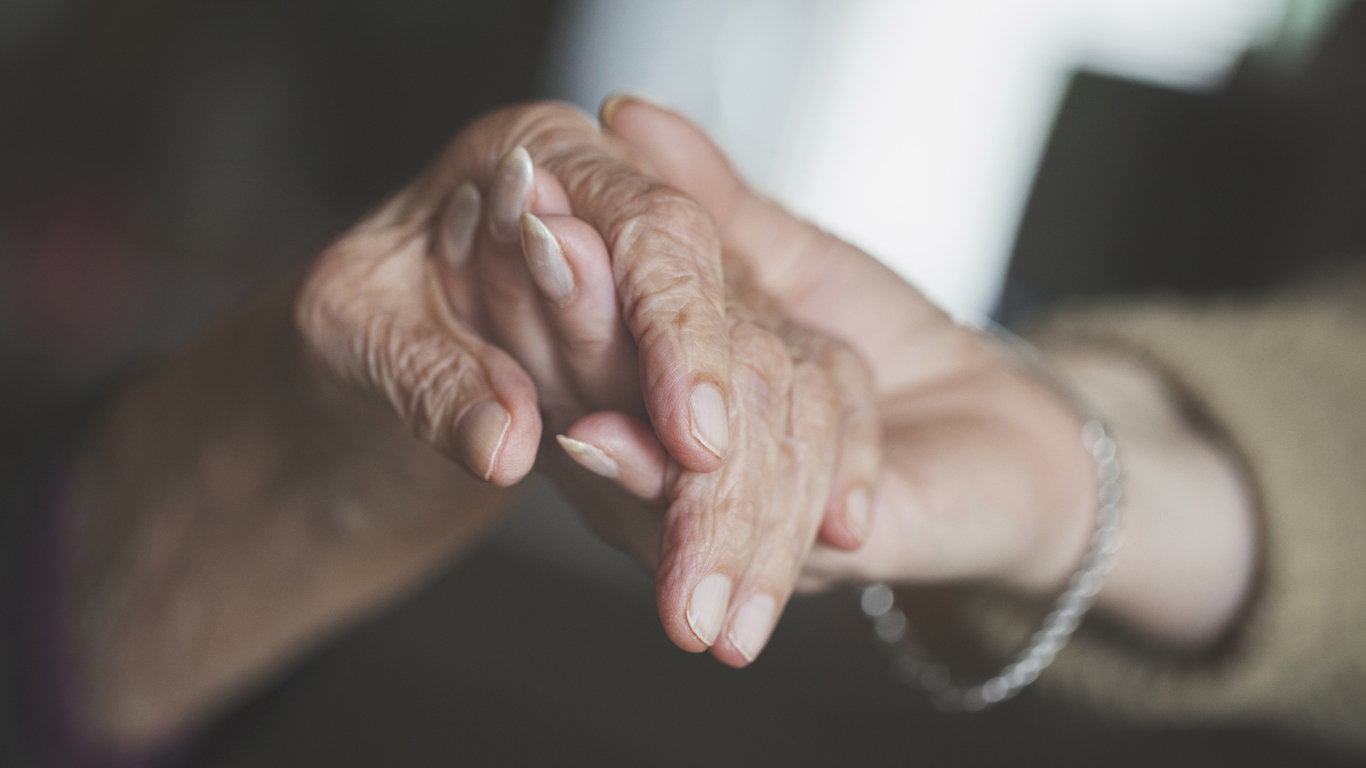
Kathy Zaba, Family Member
Kathy Zaba is a family member whose brother was a nursing home resident for nearly five years before passing away during the COVID-19 pandemic. Click the black squares ![]() below to hear and read about Kathy’s experience during the COVID-19 pandemic. The expanded interview (edited for clarity) is available at the bottom of the page.
below to hear and read about Kathy’s experience during the COVID-19 pandemic. The expanded interview (edited for clarity) is available at the bottom of the page.
Click below for the expanded interview (11:33).
